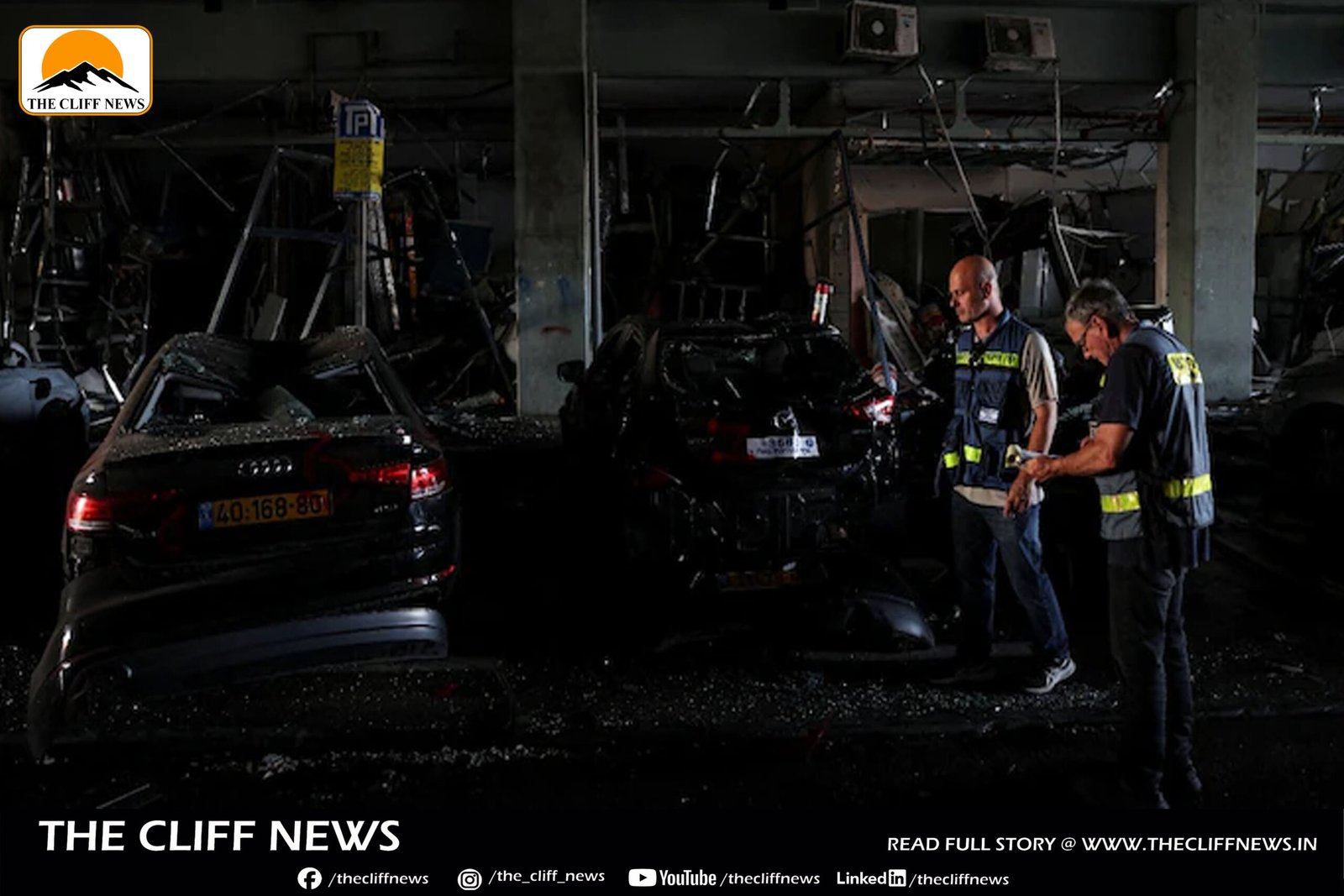The ongoing conflict between Israel and Iran entered its ninth consecutive day on Saturday, June 21, 2025, with no sign of de-escalation as both nations exchanged missile and drone strikes. The Israeli military targeted critical nuclear infrastructure in Iran, while Tehran retaliated with missiles armed with cluster munitions — marking the first confirmed use of such controversial weapons in this round of hostilities.
In a major development, an Israeli military official confirmed that two centrifuge production sites in Iran’s Isfahan province were destroyed in overnight airstrikes. These facilities, believed to be essential for Iran’s nuclear enrichment program, represent a critical blow to Tehran’s capabilities.
Meanwhile, the Israel Defense Forces (IDF) announced the elimination of two high-ranking Quds Force commanders, deepening the military dimension of the conflict:
- Behnam Shahriyari, the commander of the Weapons Transfer Unit of Iran’s Islamic Revolutionary Guard Corps (IRGC), was killed in western Iran. Shahriyari was instrumental in arming Iran-backed militant groups and overseeing a vast regional weapons smuggling network, reportedly funneling hundreds of millions of dollars annually to terror proxies, including those operating against Israel.
- Saeed Izadi, the head of the Palestine Corps of the Quds Force, was killed in a precision strike near Qom. According to the IDF, Izadi was a key figure in strengthening ties between Iran and Hamas, and a leading architect of the October 7 attack on Israel. He coordinated terror financing and arms shipments, and oversaw Hamas operations from Lebanon.
Following the strikes, the IDF issued a strongly worded statement on X, saying:
“Ruled by an extremist regime, Iran threatens global security with its nuclear ambitions and desire for regional domination. They must be stopped.”
The United States is closely monitoring the rapidly intensifying conflict. According to a senior U.S. official, President Donald Trump convened a high-level national security meeting at the White House on Friday to review the situation and assess whether the U.S. should intervene. The outcome of the meeting remains undisclosed, but global stakeholders are watching closely, fearing a broader regional war.
As casualties mount and tensions boil over, international calls for restraint are growing louder — yet both sides appear firmly committed to their military objectives, raising grave concerns over regional and global stability.



